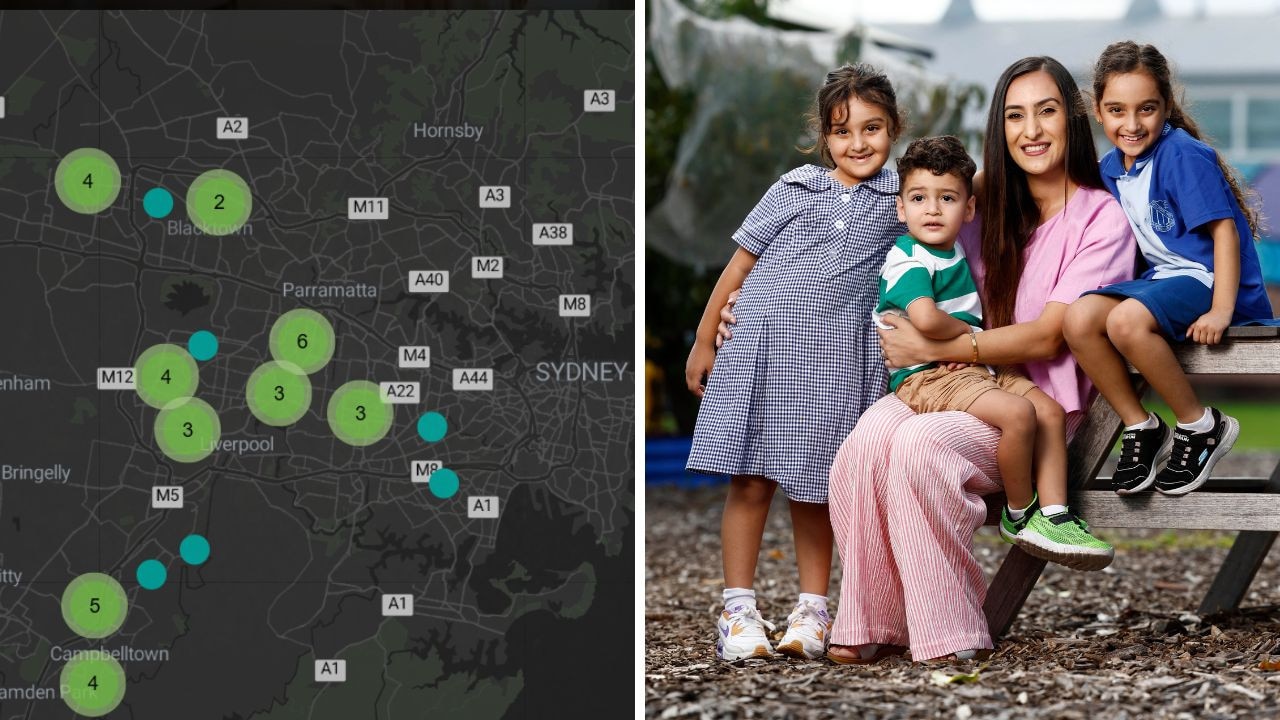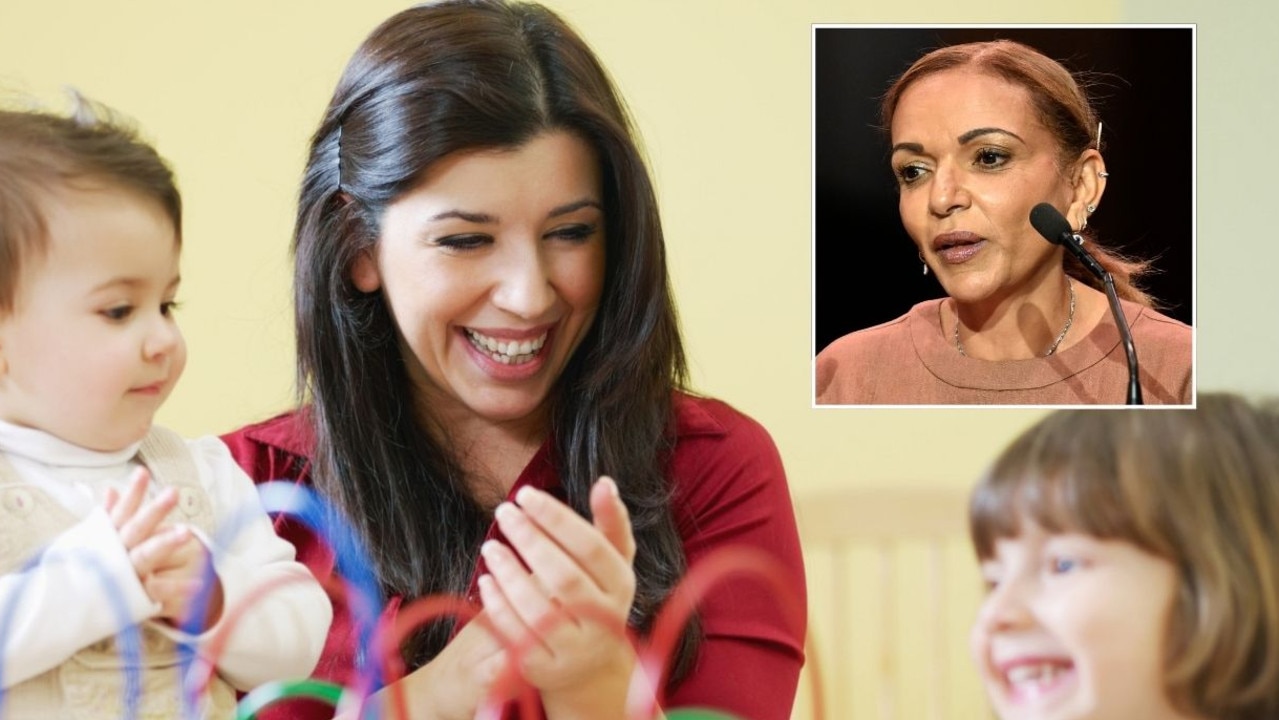NSW Budget 2021: $150m to give families free preschool
Families with young children will keep access to free preschool next year under a $150 million state budget initiative after it proved popular during the Covid-19 pandemic.
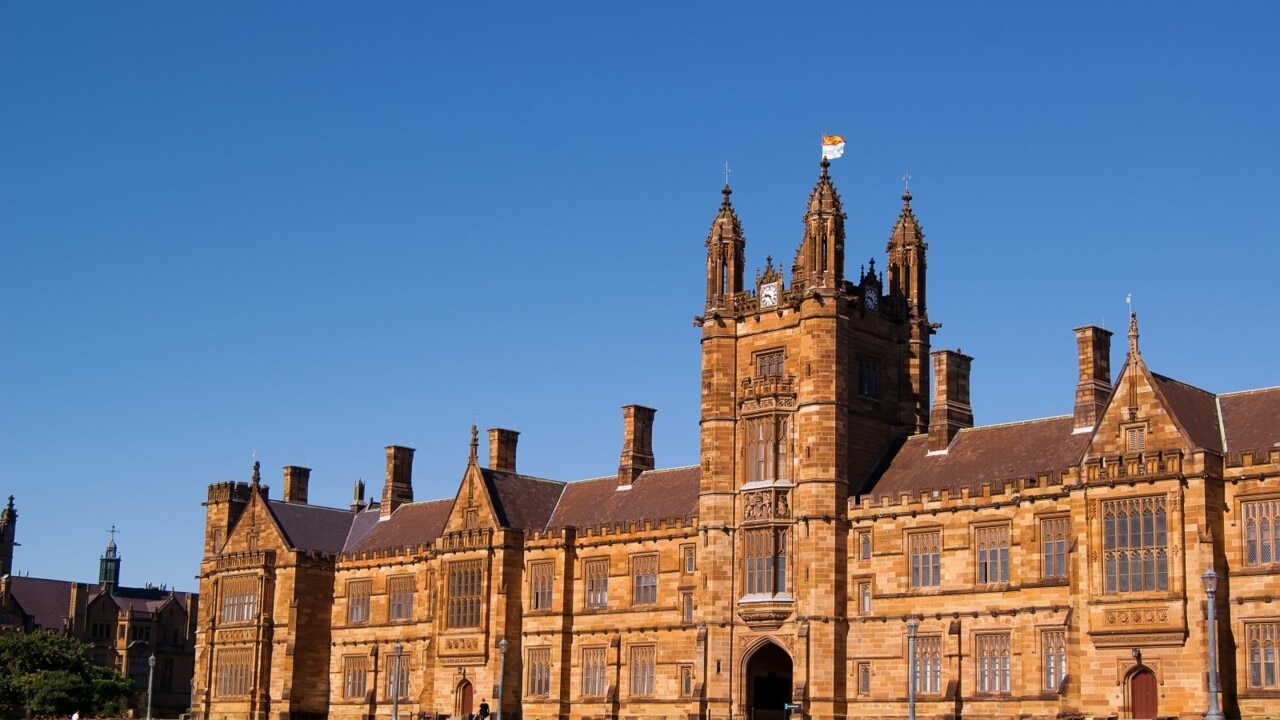
Early Education
Don't miss out on the headlines from Early Education. Followed categories will be added to My News.
Families will be able to send their children to preschool for free next year with the state government to cover the cost.
Almost 50,000 three to five-year-olds across the state will benefit from the “start strong free preschool” program that will save parents about $4000 per child each year.
The Sunday Telegraph can reveal the $150 million initiative is among a raft of “quality of life” measures to be handed down by in next week’s family-focused NSW Budget.
Under the initiative, $75 million will be provided to 700 community and 38 mobile preschools for the 2021-22 year, with another $75 million for 2022-23.
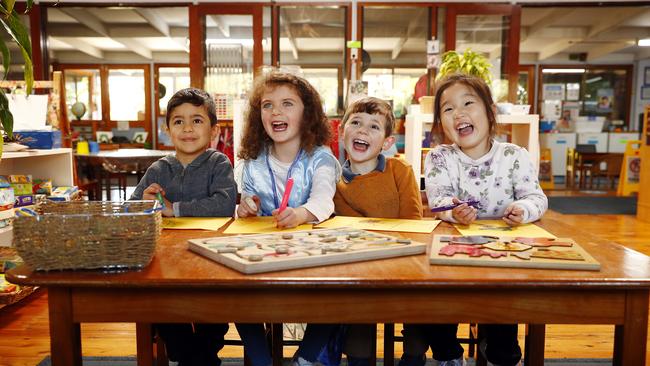
Children will be able to attend preschool free of charge for at least 600 hours each year or roughly three days each week.
Treasurer Dominic Perrottet said the program — to begin at the start of next year — would replace the Covid-19 free preschool initiative, which began in April 2020.
The popularity of that initiative among parents had led to the establishment of the new “start strong” program, which would be reviewed annually, he said.
“We did it to help families during Covid but we are extending it because we have had so much support. Parents have talked with their feet,” Mr Perrottet said.
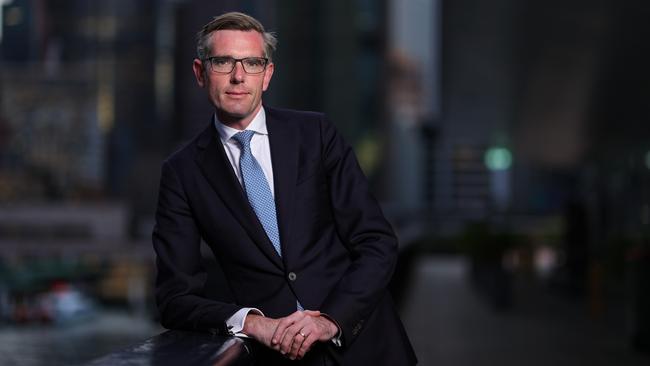
“This is not just a cost of living measure, it is a quality of life measure. It allows parents to balance work and family life.
“One of the things the government learned during the pandemic was, when a program works, we’ll look to extend it. This program is example of that. The program supported countless jobs and kept children learning and engaged during some of their most important years.”
Education Minister Sarah Mitchell said research had shown the first 2000 days of a child’s life were crucial, with those who experienced the benefits of early childhood education growing up to lead happier, healthier and more productive lives.
Ms Mitchell, whose three-year-old daughter will attend preschool this year, said the feedback from preschools had been that enrolments had increased since the measure was introduced.
“Given that preschool is not compulsory, it is one of those costs that, when things get tough in the household budget, parents have to make a decision as to whether they can afford it,” she said.
One of the state’s biggest preschool providers KU Children’s Services manages 130 preschools and long day care centres as well as before and after hours care.
KU chief executive officer Christine Legg said the greatest increase in demand had been from more disadvantaged families.
“There has been a rise in demand with pretty long waiting lists now,” she said.
“What we are happy about is that families from some of the disadvantaged areas have been able to take up these places. It has made it so much easier for them, especially in the midst of Covid.
“While we invest some of our surpluses to disadvantaged services, the initiative has really helped and we have seen a definite uptick in demand, which is fabulous.”




